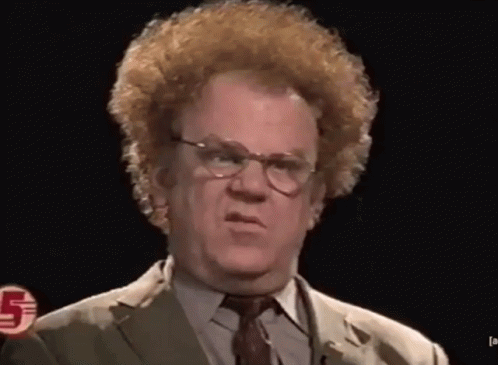The Role of Knowledge
You are reading Economic Forces, a free weekly newsletter on economics, especially price theory, without the politics. Economic Forces arrives weekly in the inboxes of 5,500 subscribers. You can support our newsletter by sharing this free post or becoming a paid subscriber:
It is not uncommon to hear people argue that our modern society, as a whole, is more knowledgeable than ever before. It is also easy to see evidence in support of that claim. People fly from one place to another. Electric cars are more prevalent on the streets. Many of us carry around what is effectively a hand-held super computer in our pocket.
Yet, individual people seem less knowledgeable about as many things as they used to be. It seems reasonable to think that of the people reading this, there is almost certainly a small percentage that knows how to grow their own food or hunt for their own food. Few of the people flying on airplanes could fly the plane or even explain how the plane manages to fly. When people have a problem with their car, they typically take it to a mechanic rather than fixing it themselves. Few people who know how to use a refrigerator would know how to build one.
This juxtaposition can easily be explained by the role of specialization, which itself is enabled by markets.
With regards to specialization, economists typically focus on two things: comparative advantage and the extent of the market. Each of these things depends primarily on costs.
Costs, as we often emphasize at Economic Forces, are actually just shorthand for opportunity costs. Comparative advantage is the novel insight that even if you have the ability to do everything better than me, that doesn’t mean you should do everything. Although you might be better at producing everything than I am, the time you spend producing any particular good is time that you cannot spend producing any of the other goods you might produce. Thus, although you might be more productive than me at everything, there will still be some good for which I have a lower opportunity cost of production than you, even though you are better than me at everything. This is a case for specialization. Each person should produce the good for which they have the least opportunity cost of production.
Nonetheless, this degree of specialization is limited by the extent of the market. This is why you might find very small towns that have a wedding dress shop inside the local grocery store or why the local butcher might also sell firearms.
Again, this is largely about costs. As Armen Alchian explained, costs tend to be increasing in production per unit of time, but costs tend to be decreasing in the scale of production independent of time. Specialization is therefore potentially accelerated by access to new consumers.
To recap, dispersed knowledge combined with the opportunities for trade generate specialization. This specialization expands the feasible opportunities for trade. New opportunities for trade further accelerate specialized knowledge. And the process continues. Some version of this story is featured in a significant fraction of the literature on economic growth.
If that is all there was to the role of knowledge in economics, this would be fairly significant. Yet, that is not at all where the story ends. Once one gets thinking about the role of specialized knowledge in the economy, this line of thinking becomes somewhat of a rabbit hole.
Trade itself requires some level of property rights and protection of those property rights. After all, trade is really just an exchange of property rights. This requires the design of institutions, which are a new type of specialized knowledge.
A greater demand for specialized knowledge creates the opportunity for the supply of specialized knowledge. This comes in the form of traditional education, but also in the from of the provision of product knowledge.
Of course, there are also tradeoffs. As knowledge becomes more specialized, people will tend to lack knowledge about a wide variety of topics that come up in policy discussions. Ignorance of policy issues is often blamed as the reason that we get bad policies. However, this is too simplistic. People with knowledge about particular policies will tend to form interest groups. This could lead to bad policies, but this also ignores the incentive for interest groups to emerge to oppose bad policies.
In addition, the structure of institutions is likely to change with the evolution of knowledge specialization. This is why the tools of economics can be used to study the structure of legislatures in the same way that people study the firm.
The ultimate lesson here is that the more one thinks about knowledge, the more thinking that needs to be done. F.A. Hayek’s “The Use of Knowledge is Society” is a rewarding read no matter how many times you read it. Thomas Sowell’s Knowledge and Decisions is essentially a book-length treatment of some of the issues raised by Hayek.
Once you go down this rabbit hole, you realize just how important knowledge is for thinking about markets, institutions, politics, and policy. You also begin to understand why Brian and I spend so much time writing about it.




